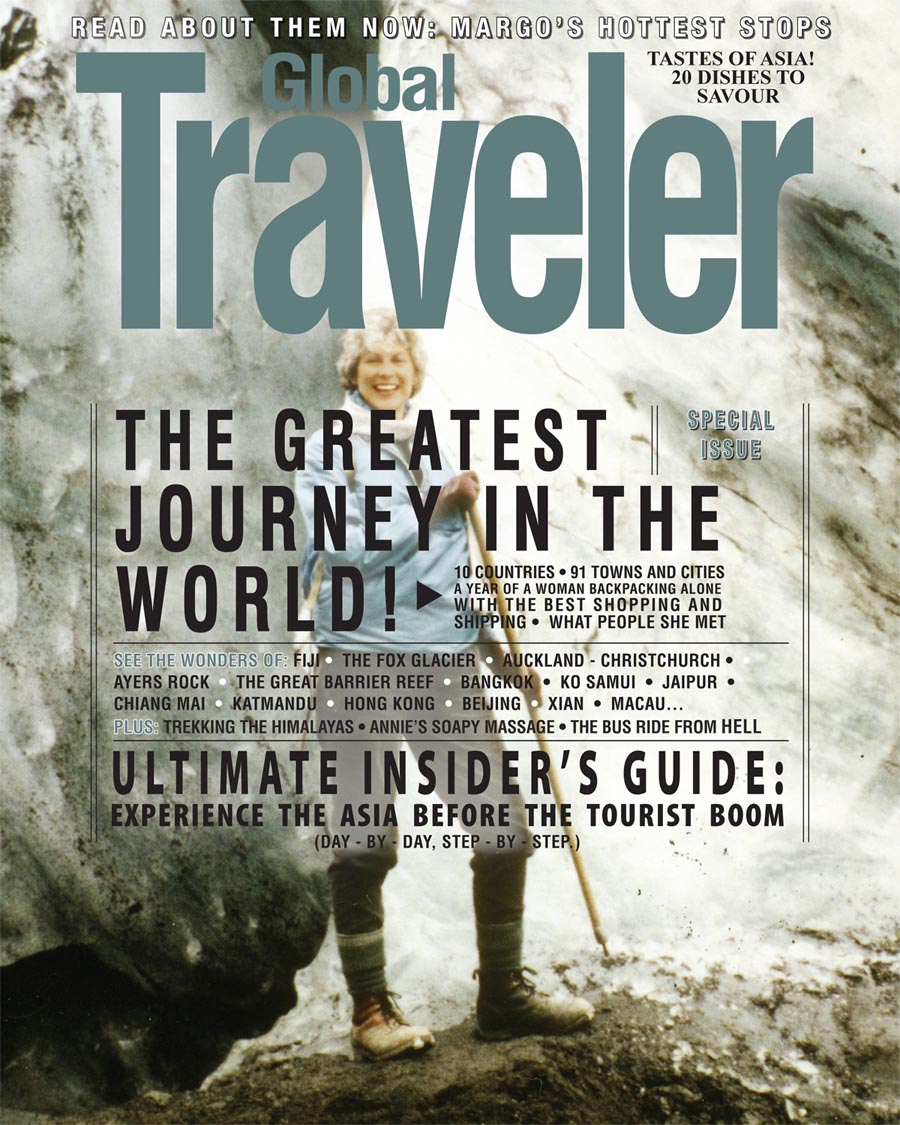| How dropping out has become in | |

Published 9/31/2018
By John Freivalds
Margo Brown was 42 in 1986 and her job at a Fortune 500 big pharma firm wasn't satisfying. So with little research, but a lot of wanderlust, she decided to travel around Asia for a year. She didn't have tons of money so she was going to stay in hostels and take the cheapest transport she could. John, her father, was a respected lifer and successful trader at Cargill, raised in Aurora on the Iron Range where you got one job and stayed with it for the rest of your life. He didn't get his daughter at all. He, like many of Margo's nay saying friends, said you are throwing your career away with this move. But Margo told him she had to get out so she could get in. She needed time to think and not about the next Power Point presentation. He didn't believe her.
For reflection, in those days you went to corporate retreats in Sedona, Arizona ,the Gun Flint Trail or some such place where you were supposed to do team building but really it was an exercise in delusional groupthink which in the end killed many businesses: Kodak, Pillsbury, Control Data, Blockbuster, Sears and soon Cadillac? This was still the era of the Organization Man in the US or Salaryman in Japan. You put in your dutiful loyalty years to get ahead and maybe you would get an office with a window.
Au contraire. After going to 11 counties, enduring $5.00 a night bungalows in Ko Samui,Thailand, staying a week at Annie's Soapy Massage in Bangkok, agonizing rural bus rides in India and organizing a one person week-long trek through the Himalayas in Nepal, Margo was ready to start over. She went back to the Big Pharma firm and said "I'm back. Do you have anything for me?" Impressed with her risk- taking and ability to survive in different cultures she got an executive level job in international development at the Big Pharma firm. Not only that, she went back to many of the countries where she had backpacked and stayed in hostels but now flew first class and stayed in five star hotels.
Today, dropping out to figure out who you are is no longer anathema. Now UMD college graduates will look at a lifetime of two careers and 10 different jobs. You don't have to figure out how to repackage your resume for the time you dropped out. Personal sabbaticals are now in and a few companies are even funding them. The term sabbatical dates back to biblical times. In Leviticus 25 there is a commandment to desist from working the fields during the seventh year. Universities hijacked the idea to offer professors paid absences to do "something." Now some companies are catching on.
Fortune magazine noted that over 20 companies offer sabbaticals. General Mills offers sabbaticals lasting a minimum of four weeks and maxing out at 12 weeks. To qualify, regular full-time and part-time employees must have served seven years with the company. An architect with General Mills recounted to Fortune "we realized our dream to camp and canoe in Northern Minnesota. After being at General Mills for 25 years and being a hardcore developer it wears on you. It was nice to disconnect . . . by the end I felt I could do anything."
But some people like Margo couldn't wait years to "disconnect" and have a corporate paycheck to fund their dropping out. "Just do it" Margo told me and "travel while your knees still work and back doesn't hurt." Some other examples."Off the grid" (that's the address she shows on her business card) Magdalena produced TV shows for the Discovery and Travel Channels. While working out of an office in Denver, she fell in love with Alaska and McCarthy (population 28) while on one of her shoots and now lives in a house with no electricity or running water. In spite of not living in a leafy suburb she was able to convince a respected production house to let her design her work own environment; during the winter months she travels the globe producing travel features.
Ryan Martens, who started Rally Software and encourages sabbaticals, tells us to:
- Avoid naysayers
- Build trust, not loyalty. Loyalty is an outdated management concept. With a changing marketplace you can't be loyal to old ideas.
